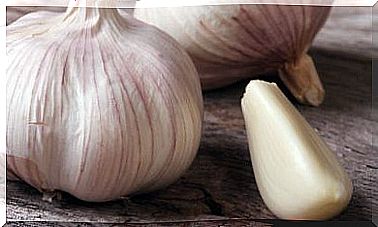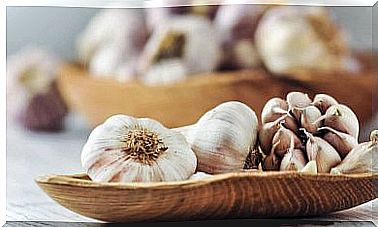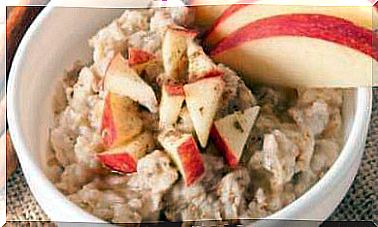Drinking Tea During Pregnancy: Everything You Need To Know

Drinking tea during pregnancy is common. During pregnancy, it is very common that there are changes or discomforts typical of this phase, so consuming these drinks can help to alleviate them.
Although infusions, especially those made with medicinal plants, have been ingested for centuries, many of the women who ingest them are unaware of the effects they can have. Therefore, before taking any tea, consult and follow your doctor’s directions.
Is it advisable to drink tea during pregnancy?
Having a cup of tea, whatever it is, will not necessarily be harmful to pregnancy. It should be understood that simply drinking the infusion from time to time and under certain circumstances is not a problem.
However, consuming certain types of teas, prepared with specific medicinal plants, and especially doing so in excess or routinely, can be risky.
According to the study “Consumption of medicinal plants by pregnant women”, it is estimated that up to 55% of pregnant women use medicinal plants to prepare teas or other infusions. Most of them are not aware of the effects they can have.
What happens during pregnancy?
During pregnancy, a woman’s body undergoes temporary changes with the emergence of new organic structures, such as the placenta. Likewise, there are substances, natural or synthetic, that can cause an alteration in the physiological processes of this phase. Therefore, it is important to avoid them.
An important fact is that tea consumption during the first trimester of pregnancy is the most relevant. It is during this period that the development of the fetus is more sensitive to the influence of environmental factors.
In this sense, from the second week until the 3rd month of pregnancy, any damage related to drugs, chemicals, medicinal plant metabolites or any disease can affect the normal development of the fetus. This, together with the properties of the different active metabolites, influence the appearance of disturbances.
Teratogenesis, cytotoxicity, genotoxicity and other terms refer to the harmful changes that embryonic cells undergo during their formation. The woman must be attentive to find out which substances are most associated with these processes.
Just as alcohol and cigarettes are chemical substances that interfere with embryogenesis, medicinal plants can also be negatively involved. Therefore, care is essential at the time of consumption.

This may interest you: 11 habits to avoid during pregnancy
What tea can pregnant women take during pregnancy?
Herbal products have broader therapeutic effects and fewer side effects than synthetic ones. However, this has contributed to the population’s perception that the natural is equal to the innocuous. Now, what are the types of tea that don’t cause complications? We will mention them below:
- Mint (Mentha spicata): used for colic and is useful during pregnancy to prepare the breasts for breastfeeding.
- Lemon balm, herb luisa (Aloysia citrodora): for burning in the pit of the stomach, heartburn, nausea, insomnia, cramps and digestive discomfort.
- Ginger : used to treat nausea and vomiting.
- Rosemary : for sore throats, insomnia and stress.
- Valerian : how relaxing.
- Melissa (Melissa officinalis): helps with digestive discomfort and acts as a relaxant.
While they are not the only ones that can be taken, as there are many others, these are the most frequently consumed teas. There are no specific contraindications for these herbs and pregnant women can take them with confidence.
Contraindicated herbal teas
Just as there are teas that can be consumed during pregnancy, there are herbs that pregnant women should avoid. We will comment on the most relevant, which are as follows:
- Chamomile and fig leaves : accelerate labor and, in high doses, can dilate the cervix.
- Pennyroyal (Mentha pulegium): can induce contractions.
- Arruda (Ruta): speeds up delivery, is associated with uterine involution and swelling and is abortive.
- Aloe vera : causes uterine bleeding and hemorrhage, so it is also considered abortifacient.
- Wormwood (Artemisia absinthium): by activating the uterine blood flow, it can cause miscarriages.
- Bilberry (Peumus boldus): one of the active ingredients is thujone, whose doses can cause problems with spontaneous births.

Also read: Is it safe to consume caffeine in pregnancy?
Attention when drinking tea during pregnancy
Many believe that medicinal plants are safe because people have been using them extensively since ancient times. However, the fact that they are natural does not guarantee their safety.
Before, during and after pregnancy or breastfeeding, women who wish to take herbal preparations should consult a well-informed healthcare professional. Many of the effects of plants are still unknown in pregnancy, so be careful!









